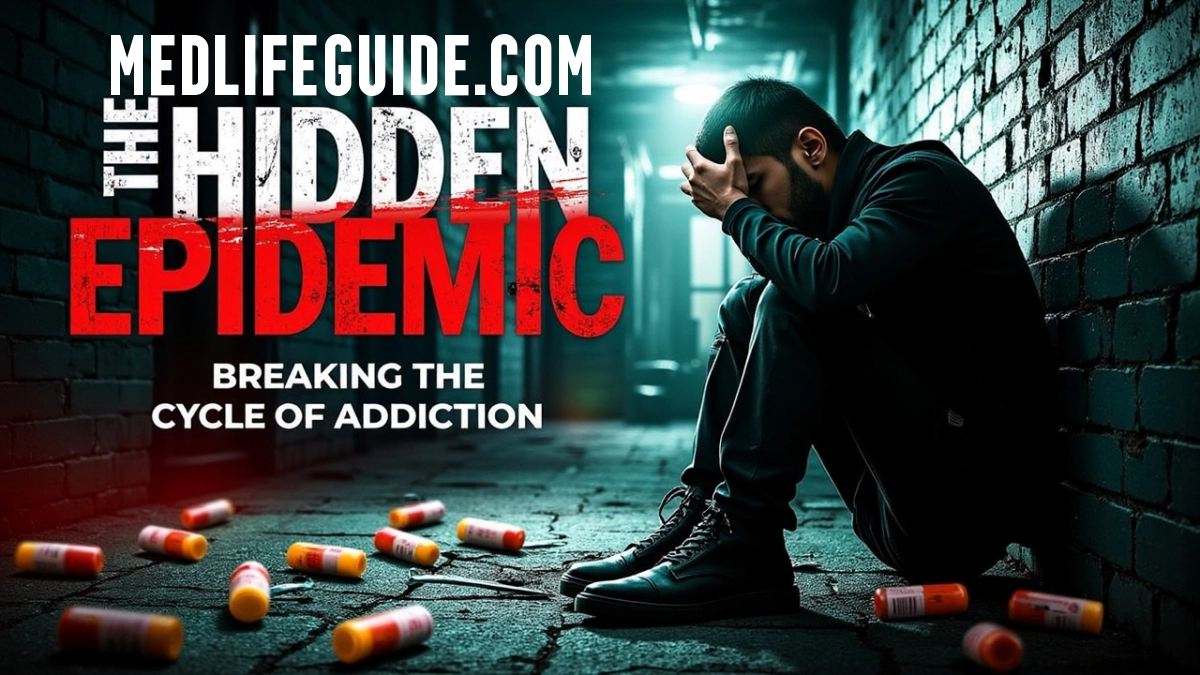Drug abuse is a global crisis affecting millions, tearing apart families, and straining healthcare systems. But beyond the statistics lie real human stories—struggles with addiction, societal stigma, and the challenging road to recovery. This article dives deep into the complexities of drug abuse, exploring its causes, consequences, and, most importantly, the hope for recovery.
What Is Drug Abuse?
Drug abuse, also known as substance abuse, refers to the harmful or hazardous use of psychoactive substances, including alcohol, prescription medications, and illicit drugs. It’s not just about addiction; it’s a pattern of behavior that leads to physical, mental, and social harm.
Key Differences: Use vs. Abuse vs. Addiction
- Use: Occasional, controlled consumption (e.g., prescribed painkillers).
- Abuse: Regular misuse leading to negative consequences (e.g., binge drinking).
- Addiction: A chronic brain disease characterized by compulsive drug-seeking despite harm.
Why Do People Abuse Drugs?
Understanding the root causes helps in prevention and treatment.
1. Psychological Factors
- Mental Health Disorders: Depression, anxiety, and PTSD often lead to self-medication.
- Trauma: Childhood abuse or neglect increases vulnerability.
- Stress & Peer Pressure: Social environments play a major role.
2. Biological Factors
- Genetics: Family history of addiction raises risk.
- Brain Chemistry: Drugs hijack the brain’s reward system.
3. Social & Environmental Triggers
- Poverty & Unemployment: Limited opportunities drive substance use.
- Cultural Norms: Glamorization of drugs in media.
The Devastating Effects of Drug Abuse
1. Physical Health Consequences
- Organ Damage: Liver cirrhosis (alcohol), lung disease (smoking).
- Overdose Risk: Fentanyl and opioids are leading causes of death.
2. Mental Health Decline
- Psychosis: Hallucinations from meth or synthetic drugs.
- Increased Suicide Risk: Depression worsens with substance abuse.
3. Societal & Economic Impact
- Crime & Violence: Drug-related offenses strain legal systems.
- Lost Productivity: Billions spent on healthcare and rehabilitation.
Breaking the Cycle: Treatment and Recovery
1. Recognizing the Problem
- Signs of Addiction:
- Neglecting responsibilities
- Failed attempts to quit
- Withdrawal symptoms
2. Treatment Options
- Medical Detox: Supervised withdrawal management.
- Behavioral Therapy: CBT, motivational interviewing.
- Support Groups: NA, AA, and SMART Recovery.
3. Preventing Relapse
- Long-term Counseling
- Healthy Lifestyle Changes (exercise, nutrition)
How Society Can Help Combat Drug Abuse
- Education Programs: Schools and workplaces need awareness campaigns.
- Policy Changes: Decriminalization vs. rehabilitation-focused laws.
- Community Support: Safe spaces for recovering addicts.
Final Thoughts: There Is Hope
Recovery is possible. With the right support, millions have reclaimed their lives from drug abuse. If you or someone you know is struggling, seek help today.

